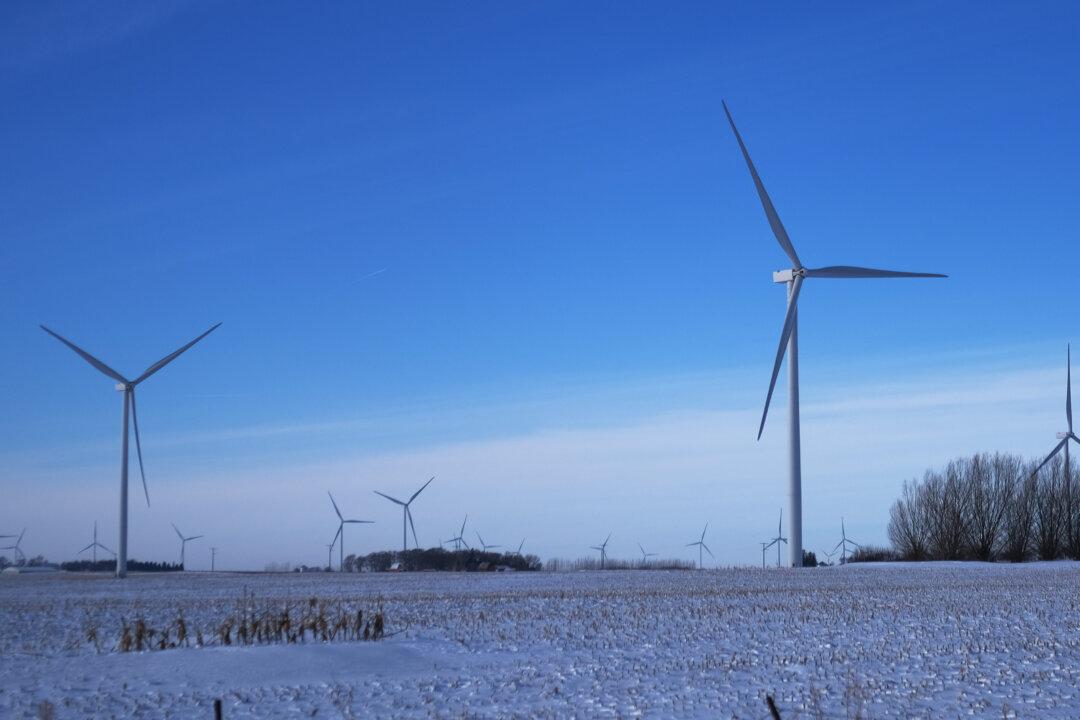The Biden administration has granted approval to a $2.8 billion offshore wind project that’s seen as key to a transition to renewable energy in the United States.
The Vineyard Wind project, which is set to become the nation’s first major offshore wind farm, will be built 14 miles off the coast of Massachusetts. The Biden administration hopes the project, which was selected by the state in 2018, will help slash carbon dioxide emissions while generating renewable electricity.





